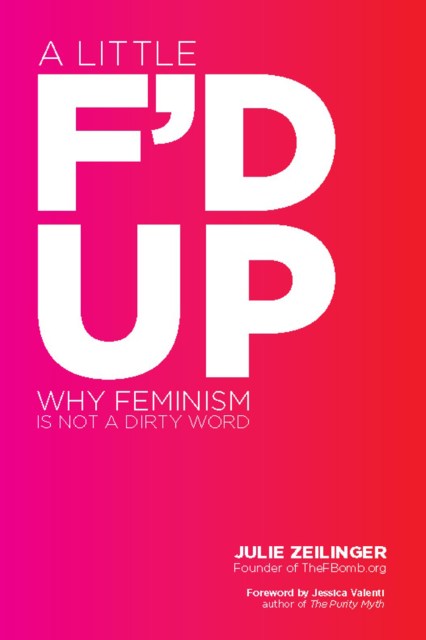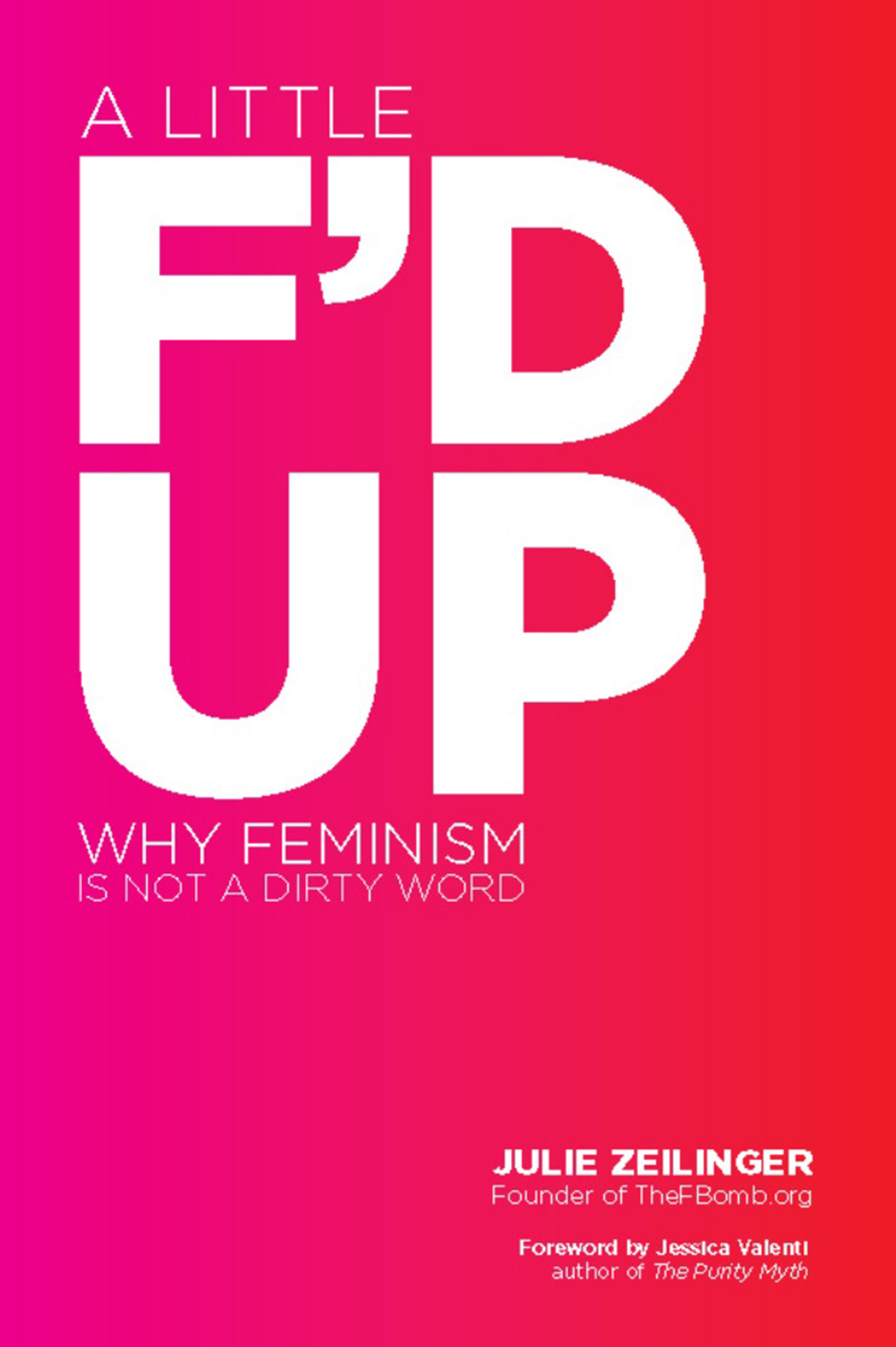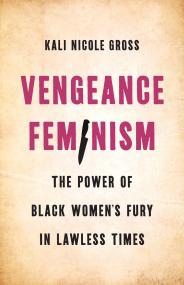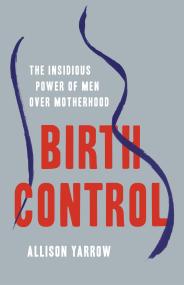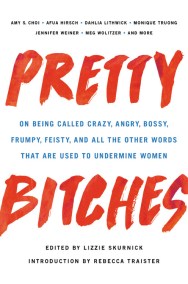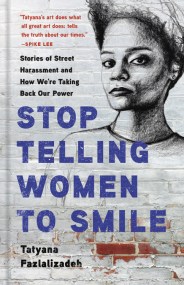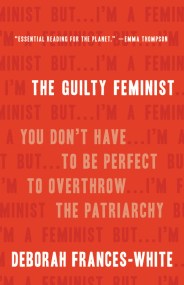By clicking “Accept,” you agree to the use of cookies and similar technologies on your device as set forth in our Cookie Policy and our Privacy Policy. Please note that certain cookies are essential for this website to function properly and do not require user consent to be deployed.
A Little F’d Up
Why Feminism Is Not a Dirty Word
Contributors
Formats and Prices
- On Sale
- Apr 17, 2012
- Page Count
- 272 pages
- Publisher
- Seal Press
- ISBN-13
- 9781580054478
Price
$11.99Price
$15.99 CADFormat
Format:
- ebook $11.99 $15.99 CAD
- Trade Paperback $17.00 $21.99 CAD
This item is a preorder. Your payment method will be charged immediately, and the product is expected to ship on or around April 17, 2012. This date is subject to change due to shipping delays beyond our control.
Buy from Other Retailers:
Wrong.
FBomb blog creator Julie Zeilinger debunks these (and other) myths about modern youth in A Little F’d Up, the first book about feminism for young women in their teens and twenties to actually be written by one of their peers. In this accessible handbook, Zeilinger takes a critical, honest, and humorous look at where young feminists are as a generation, and where they’re going—and she does so from the perspective of someone who’s in the trenches right alongside her readers.
Fun, funny, and engaging, A Little F’d Up is a must-read for the growing number of intelligent, informed young women out there who are ready to start finding their voice—and changing the world.
Newsletter Signup
By clicking ‘Sign Up,’ I acknowledge that I have read and agree to Hachette Book Group’s Privacy Policy and Terms of Use
